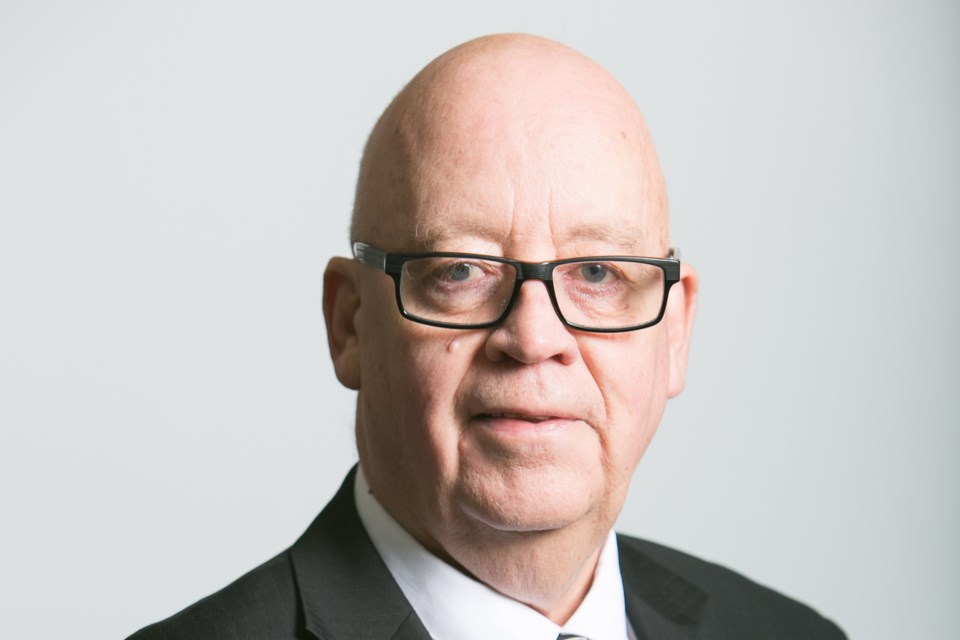In Alberta, the political shoe is on the other foot.
As leader of the official Opposition, Jason Kenney gloated when the NDP government wrestled with low oil prices.
At the end of March, Kenney preened as he promised that the 2020 budget would put the province on the path to a balanced budget in 2023.
Getting rid of the debt would come from eliminating NDP spending, and an average of $58 per barrel oil prices.
Kenney got a pass from his critics for ignoring the debt that was run up by Conservative premiers Stelmach, Redford and Prentice, as well as by NDP premier Rachel Notley.
But there was quiet skepticism in informed business circles from those who found the $58 oil price aspirational rather than realistic.
At the time of this writing, the COVID-19 virus had spread to 101 nations and territories, infecting 110,000 people with the respiratory disease and killing 3,800.
The global economic slowdown that has been triggered led to a slump in oil prices and a price war between major oil producers Russia and Saudi Arabia.
The West Texas Intermediate benchmark price that oil producers are getting is US$ 35 on a good day, and the price for Canadian heavy oil and oilsands bitumen is much less.
March 9 saw the biggest drop in oil prices in 29 years.
This is catastrophic for the Canadian oil industry and the Canadian economy.
It is also a serious blow for Kenney’s government, elected a year ago on the promise of putting the oil industry back in its feet and getting the 100,000 Albertans who have lost oilpatch jobs back to work.
In 1938, Alberta’s Minister of Lands and Mines Nathan Tanner wore out his shoe leather in Montreal, New York and London scouring the financial capitals of the world for Alberta oil investment.
Eighty years later, Premier Kenney must retread Tanner’s pilgrimage.
However, Alberta’s economic future doesn’t depend on the declining oil and gas sector.
Agriculture, tourism and hospitality, timber, education, medical research and development, the movie industry, rail transportation and long haul trucking are all post-COVID 19 opportunities that fit with established and successful Alberta business sectors.
Premier Kenney and the UPC need to see beyond oil and gas, and figure out how the Alberta Advantage can be customized to fit the post-COVID 19 economy.
The COVID 19 pandemic is a tragedy and for people of faith like me it is a time for reflection.
The pandemic is also a political crossroads that calls for non-partisan reappraisal.
It is also an economic crisis that has been met with restructuring.
Watching the global response to the pandemic, what has been most striking is the extent to which this has been a challenge to social and personal values.
Like a war, a pandemic brings out the best in humankind to meet the worst.
The light shines in the darkness, and the darkness does not overcome it.
Frank Dabbs is a veteran business and political journalist and author.

